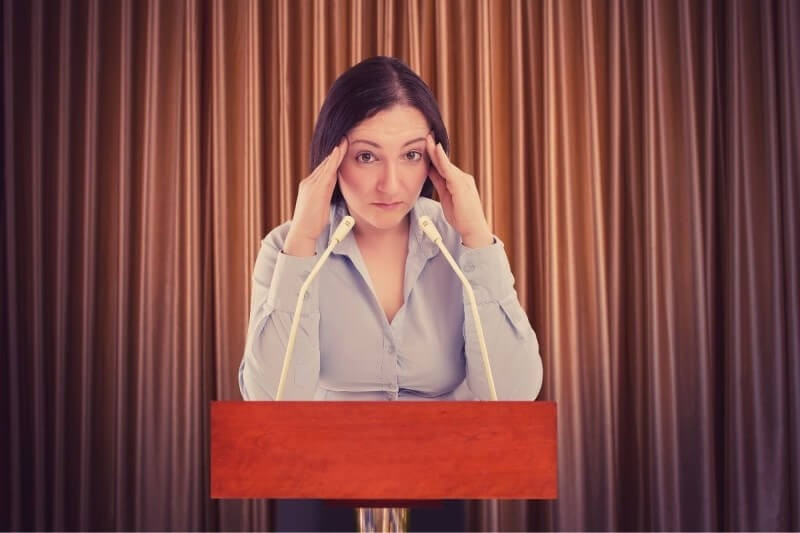VIRTUAL EMDR BLOG
Your Childhood Trauma Is Not Your Fault
It is time to stop blaming yourself for the neglect you faced as a child.
05 Jul 2021
![]() Tag: Childhood Trauma
Tag: Childhood Trauma

In the past, childhood emotional neglect was an overlooked form of trauma. Unlike physical neglect or abuse, the signs of childhood emotional neglect are more difficult to detect and more likely to go untreated. From birth to age six, the experiences children go through will most likely shape the way they learn to interact and relate with others around them.
Dr. Jonice Webb, a child psychologist, coined the term “childhood emotional neglect”. According to Dr. Webb, emotional neglect is not an action but a failure to act. Parents or guardians who fail to notice or attend to their child’s feelings can leave the child feeling invalidated in their emotions. It is important to note that neglect is not always done intentionally. Sometimes, parents and guardians fail to understand what their child actually needs or does not respond to it the way the child may need them to. Considering that everyone is different in their proclamations of love, support, and acceptance, it may be difficult to understand what exactly a child needs in order feel better.
In emotional neglect, the other common issue is the difference in generations. Many people have experienced the invalidating of their emotions from an older generation in the form of comments such as “men don’t cry,” “you’re so dramatic” and “stop being a such a girl.” These comments are cruel and can adversely ruin a child’s emotional regulatory systems. If compounded, the consequences may follow them into adulthood.
As a child, it is not your fault that you experienced the things you had. Parents and guardians have a responsibility to shield their children from potential dangers and traumatic events. As an adult, if you feel that you have trouble regulating your emotions or tend to blame yourself for your emotions, you may want to seek professional help. Everyone one of us deserves to have a safe space to feel our emotions and suppressing those feelings can lead to further physical, psychological, or physiological damage. Self-blaming is a common coping mechanism that children with adverse circumstances develop to survive. In adulthood, this method often leads to self-sabotaging thinking and behavior. There may be elements of helplessness and confusion that occur with these negative thoughts and tendencies.
For anyone dealing with the aftermath of childhood trauma such as emotional neglect or self-sabotaging behavior, we want to help. At Virtual EMDR, we provide immediate and unlimited access to our service. Virtual EMDR is a scientifically backed therapy program that allows users to reprocess their traumatic experiences. People who have tried Virtual EMDR say that they felt relief after just a few short sessions. Take it from Ros W. who used Virtual EMDR to so overcome her complex PTSD resulting from childhood trauma.
“I suffered from night terrors, panic attacks and chronic pain. It was difficult to leave the house, let alone lead a normal life.
And the result is that I love it! THANK YOU.
I am committed to continuing with this work. The healing and reconnection to myself that I am feeling... it is incredible. And the fact that I can do it anywhere? Anytime?? I don't know how to tell you how relieved I am to have found this!”
Start your healing journey today at VirtualEMDR.com.
Sources:
https://www.betterhelp.com/advice/childhood/understanding-childhood-emotional-neglect/
https://www.verywellmind.com/what-are-the-effects-of-childhood-trauma-4147640
Be the first to comment.









View Comments